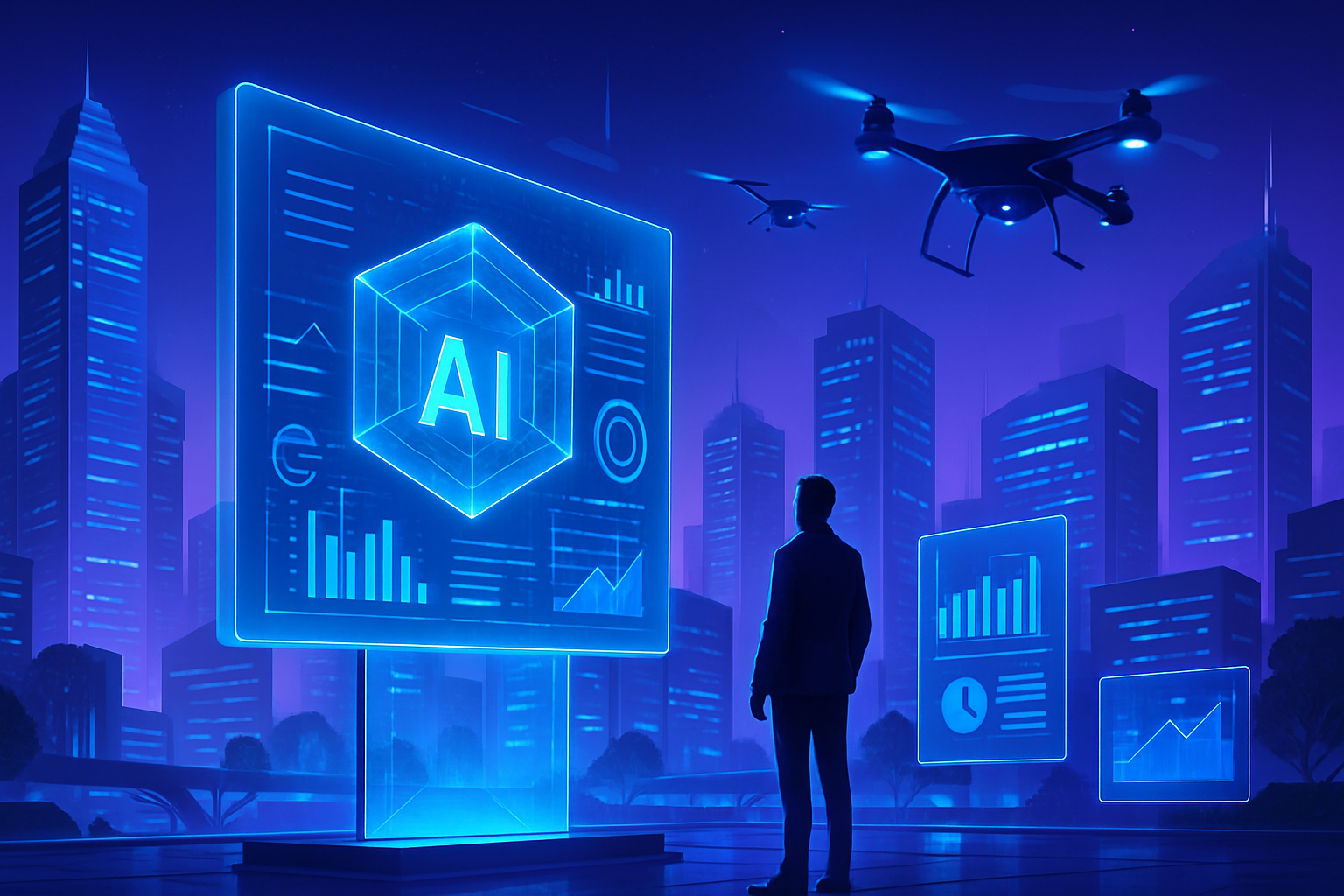Deloitte reimburses the Australian government after a deficient report costing $440,000. This situation reveals the extent of errors related to the use of artificial intelligence in critical assessments. The failures included *glaring inaccuracies*, partly blaming the generative AI employed for writing. A senator highlighted a specific ” *human intelligence problem* ” within the firm, raising questions about industry practices. Companies must now reconsider the *work methods* of consulting firms.
Deloitte reimburses the Australian government
Deloitte announced its intention to partially reimburse the Australian federal government following identified errors in a report commissioned at a cost of $440,000. This decision comes after the consulting firm acknowledged integrating generative artificial intelligence into the document’s drafting process.
Confirmations from the Department of Employment
The Department of Employment and Workplace Relations (DEWR) confirmed that Deloitte will reimburse the final funding tranche under its contract. The terms of this transaction will be published once finalized. This announcement was followed by accusations from a Labor senator, who referred to the situation as a “human intelligence problem” within the consulting firm.
Analysis of reports and findings
Deloitte was responsible for examining the targeted compliance framework as well as its computer system, which automates penalties in the welfare system. The initial report, published on July 4, highlighted widespread issues, including a lack of “traceability” between the framework rules and the underlying legislation. Moreover, the company identified “system defects” involving punitive assumptions regarding participants’ non-compliance.
A revision was republished on Friday on the DEWR website. This action was motivated by revelations reported by the Australian Financial Review in August, indicating that multiple errors were present, including nonexistent references and citations. Dr. Christopher Rudge, an academic from the University of Sydney, emphasized that the report contained “hallucinations,” a manifestation where AI models attempt to fill gaps or misinterpret data.
Report revisions and impact
In the updated version of the report, Deloitte noted immediate changes regarding a “small number of corrections” made to references and footnotes. However, the DEWR clarified that no changes were made to the recommendations contained in the document. A spokesperson emphasized that the substantial content of the original report has been preserved and that the recommendations remain unchanged.
Deloitte also specified in its appendix that the use of generative artificial intelligence was integrated into some dominant aspects of the report. This announcement refers to the use of a tool based on the Azure OpenAI GPT – 4o language model, licensed from the DEWR and hosted on the ministry’s Azure infrastructure.
Reactions and critical reflections
Despite these revisions, Deloitte maintained that artificial intelligence was not responsible for the errors found in its report. The company defended the initial conclusions of the analysis, clarifying that the changes do not affect the results or recommendations of the report. A spokesperson for Deloitte mentioned that the matter has been resolved directly with the client.
Dr. Rudge expressed reservations about the legitimacy of the report as a whole while emphasizing that its conclusions align with other well-supported evidence. Senator Deborah O’Neill called the situation “alarming,” insinuating that AI seems to have replaced true human expertise. Additionally, her comments suggest that those considering contracting these firms should question the verification of non-AI-related skills.
Investigations conducted by the Australian Financial Review revealed several incorrect references in the original report, including phantom studies by professors from the University of Sydney and Lund University in Sweden. A false reference to a judicial decision in a reimbursement case was also discovered, highlighting gaps in source verification used.
The implications of this case raise concerns about the growing role of AI in producing quality content, as well as the need to maintain a high standard in the services offered by consulting firms. The rise of artificial intelligence in this sector requires a deep reflection on how to preserve the integrity and accuracy of reports provided to governments and citizens.
Frequently Asked Questions
Why is Deloitte reimbursing part of the amount to the Australian government?
Deloitte is reimbursing part of the $440,000 to the Australian government due to a series of errors in a report they produced for the Department of Employment and Workplace Relations. The report used generative artificial intelligence, resulting in inaccuracies.
What errors were identified in Deloitte’s report?
The report presented issues such as a lack of traceability between the compliance framework rules and legislation, system defects, and nonexistent references to legitimate sources.
How did the use of artificial intelligence affect the report?
The use of artificial intelligence led to hallucinations, where AI filled gaps in the data, causing erroneous interpretations and the creation of fictitious references in the initial report.
What actions did the Department of Employment take regarding the corrected report?
The Department of Employment confirmed that minor corrections to references and footnotes were made, but no changes were made to the recommendations contained in the report.
Has Deloitte acknowledged that AI was responsible for the errors in the report?
Deloitte has not clearly attributed the errors in the original report to the use of artificial intelligence, although they added a mention of this use in the appendix of the corrected report.
What recommendations has Deloitte maintained in its updated report?
The recommendations from the independent analysis have been maintained as is; the integrity of the conclusions has not been altered, according to statements made by the department.
How should one react to reports produced by consulting firms like Deloitte?
Potential clients are advised to ensure that the results and recommendations in the reports are based on solid human expertise and not solely on AI systems.
What impact could Deloitte’s reimbursement have on the future of government contracts with consulting firms?
This reimbursement could prompt government agencies to reconsider their reliance on consulting firms and make efforts to verify human expertise within these firms.






